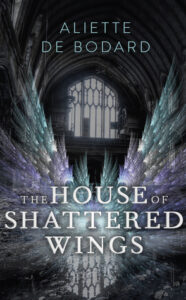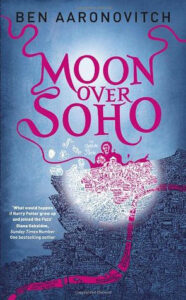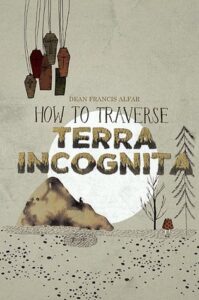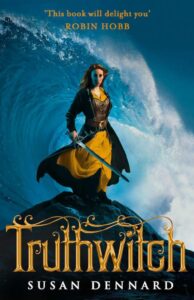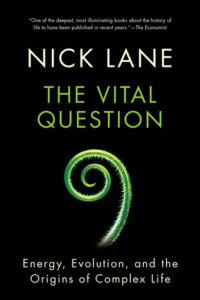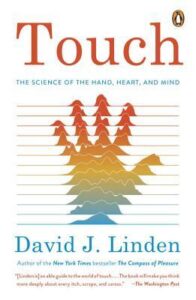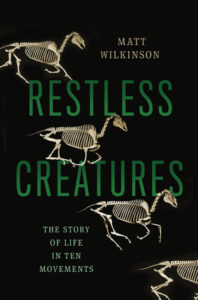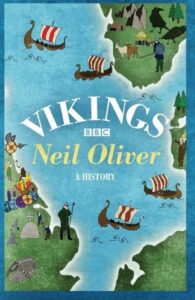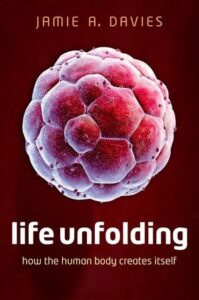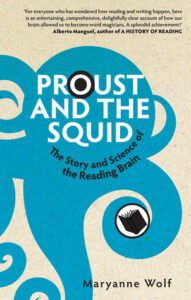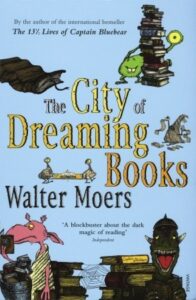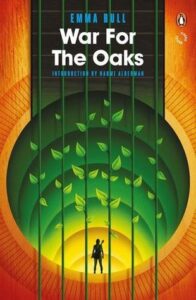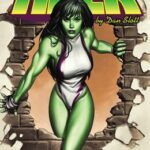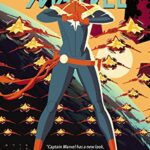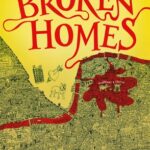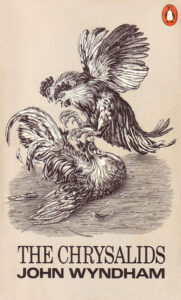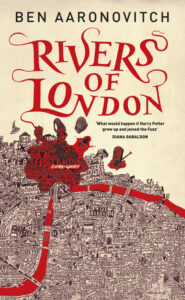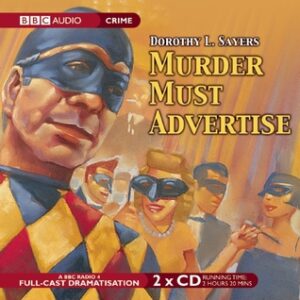 Murder Must Advertise, Dorothy L. Sayers
Murder Must Advertise, Dorothy L. Sayers
Featuring Ian Carmichael as Lord Peter Wimsey
This is a fun story in terms of the whole idea of Peter being undercover, actually working for his living in an advertising company. Here it makes perfect sense that he’s great at it, and the way he pokes around shamelessly is a delight. I’m not so enamoured of any of the secondary characters in this one, though: Parker barely appears, Bunter and Harriet are entirely absent, and the other characters are all new (and confined to this mystery). It remains fun, but it’s not one of the ones that get me emotionally engaged.
It doesn’t help that in the radioplays, Gabriel Woolf no longer voices Parker; it’s someone else, whose voice doesn’t fit half so well. It might if we’d never had Woolf, but as it is, it’s very distracting. I know exactly how the real Parker would say those lines, and this guy is all wrong… It’s much worse than the changing voice actors for Harriet, somehow.
The ending is an interesting one, in terms of Peter’s moral responsibilities. Several times he ends up having pity on the people who have, after all, committed crimes, and giving them an easy way out. They don’t escape to live perfect lives, of course, but all the same, Peter doesn’t hand them over to justice and punishment. It’s something only a gentleman detective could or would do, and I’m not sure how I feel about it.

